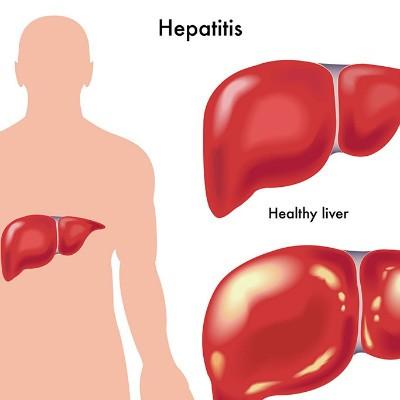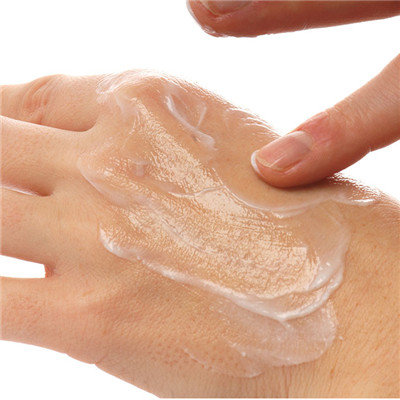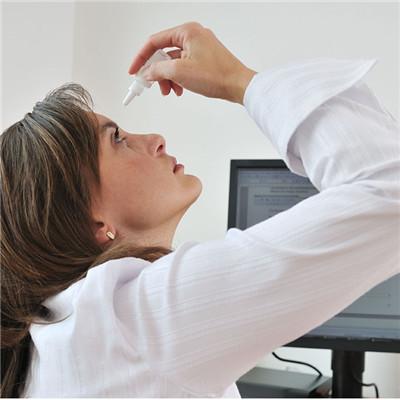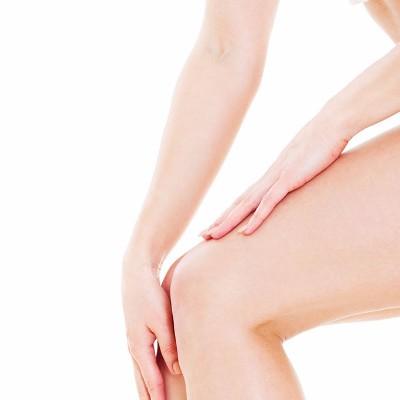How does seborrheic eczema cause?
summary
This disease is also called seborrheic dermatitis. It is a kind of chronic papular scaling and superficial inflammatory skin disease at the site of sebum spillage. It mainly occurs in the areas rich in sebaceous glands such as the head, face and trunk. It is common in adults and newborns, with varying degrees of pruritus. How does seborrheic eczema cause? Let's talk about my views.
How does seborrheic eczema cause?
Reason 1: the cause of the disease is not very clear. This disease is a kind of inflammation on the basis of sebum overflow, which may be related to the increase of sebum secretion and the change of its chemical composition. It is also suggested that in patients with seborrheic eczema, the surface lipid secretion does not increase, but the cholesterol, triglyceride and paraffin increase, while squalene decrease.
Reason 2: in recent years, some scholars believe that Malassezia symbiosis with normal people may be related to the onset and aggravation of seborrheic eczema. Malassezia antigen can sensitize patients with seborrheic eczema and induce the body to produce specific IgG, IgM and IgA antibodies,
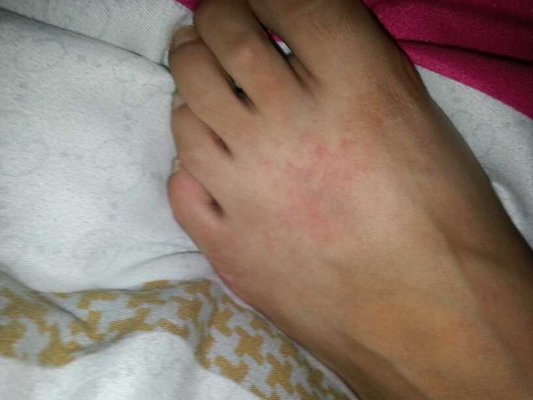
The third reason is that the excessive growth of Malassezia and its metabolites into the epidermis lead to immune inflammation. Patients prone to seborrheic eczema can be induced by fatigue, emotional stress or infection. AIDS patients often show severe disseminated seborrheic eczema, which may be related to Malassezia overgrowth caused by immune deficiency.
matters needing attention
Oral administration of vitamin B2, B6, compound vitamin B, vitamin C capsule, when the inflammation is obvious or the scope of inflammation is expanded, antibiotics can be taken, such as tetracycline antibiotics, erythromycin, etc. When itching is severe, the first generation antihistamines with sedative effect or the second generation antihistamines with anti-inflammatory effect can be used.
